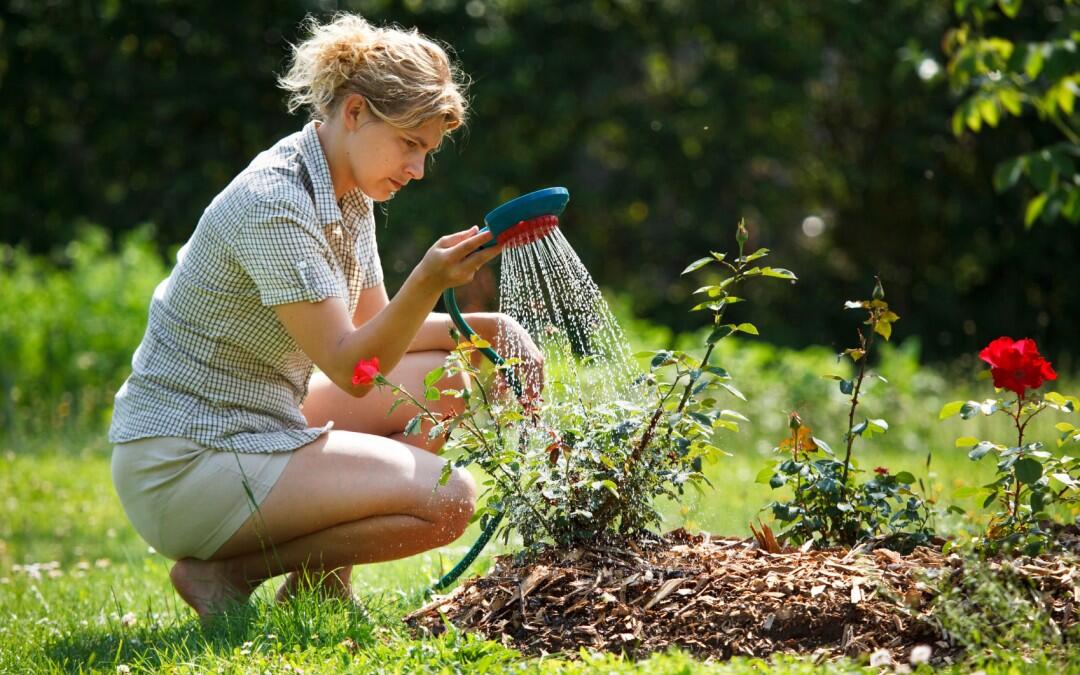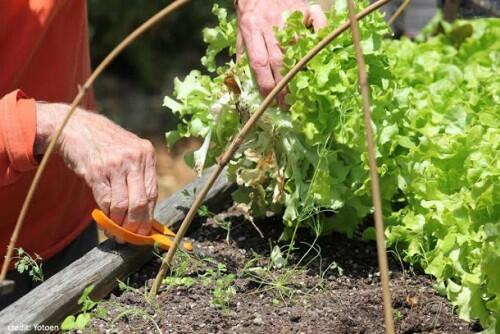Gardening is a hobby for many people. The feeling of being able to watch plants grow due to all the care given to them is amazing, as many people interested in gardening explain.
However, there are some unexpected health benefits of gardening. Did you know that besides being good to the environment, gardening benefits your heart and mind?
It is a great form of exercise. It helps a lot in weight loss, and also reduces stress, lower blood pressure, lowers cholesterol, and decreases depression.
Eva Shaw, PhD, author of Shovel It: Nature’s Health Plan)In fact, studies show that merely looking at a garden or plants can generate changes in such things as blood pressure, heart activity, muscle tension, and brain electrical activity. Through colors and textures gardeners can invoke emotions of calm, tranquility, and happiness. Gardening is more than a feel good pastime; it has evolved into a form of therapy for our body and soul.
Immune regulation
Not only does the Vitamin D you’re soaking in from the summer sun help you fight off colds and flus, but it turns out even the dirt under your fingernails may be working in your favor! The “friendly” soil bacteria Mycobacterium vaccae, common in garden dirt and absorbed by inhalation or ingestion on vegetables, has been found to alleviate symptoms of psoriasis, allergies and asthma: all of which may stem from an out-of-whack immune system.
This particular organism has also been shown to alleviate depression, so go ahead and get your hands dirty. Researchers are still speculating how our immune system may interact with our brains and play into a variety of mental health issues in addition to our ability to fend off infection: inflammation may provide the key link.
Depression and mental health
To build the therapeutic properties of your own garden, aim for a combination of food-producing, scented, and flowering plants to nourish all the senses. Add a comfortable seat so you can continue to bask in the garden while you rest from your labors. Letting your body get a little hot and sweaty might also have hidden benefits: as devotees of hot baths and saunas can attest, elevated body temperatures are also correlated with increased feelings of well-being.
Brain health and Alzheimer’s risk
One long-term study followed nearly 3000 older adults for 16 years, tracking incidence of all kinds of dementia and assessing a variety of lifestyle factors. Researchers found daily gardening to represent the single biggest risk reduction for dementia, reducing incidence by 36%. Another study estimated the risk reduction at 47%!
Why does gardening make such a difference? Alzheimer’s is a mysterious disease, and the factors influencing its incidence and progression remain poorly understood. However gardening involves so many of our critical functions, including strength, endurance, dexterity, learning, problem solving, and sensory awareness, that its benefits are likely to represent a synthesis of various aspects.
Hand strength and dexterity
As we age, diminishing dexterity and strength in the hands can gradually narrow the range of activities that are possible or pleasurable. Gardening keeps those hand muscles vigorous and agile without oft-forgotten exercises such as a physiotherapist might prescribe. Related research has inspired rehabilitative programs for stroke patients involving gardening tasks as a satisfying and productive way of rebuilding strength and ability. But don’t push your hands too far: gardening can also set the stage for repetitive stress injuries, tendonitis, and carpal tunnel.
Practice hand-healthy gardening by using a few simple warm-ups, positioning your body comfortably and ergonomically, and changing tasks frequently before strain becomes evident. Alternate use of your right and left hands to balance your body — using your non-dominant hand is one of many exercises to keep your brain functioning well as you age.
Follow us on our Twitter account @greenareaen












